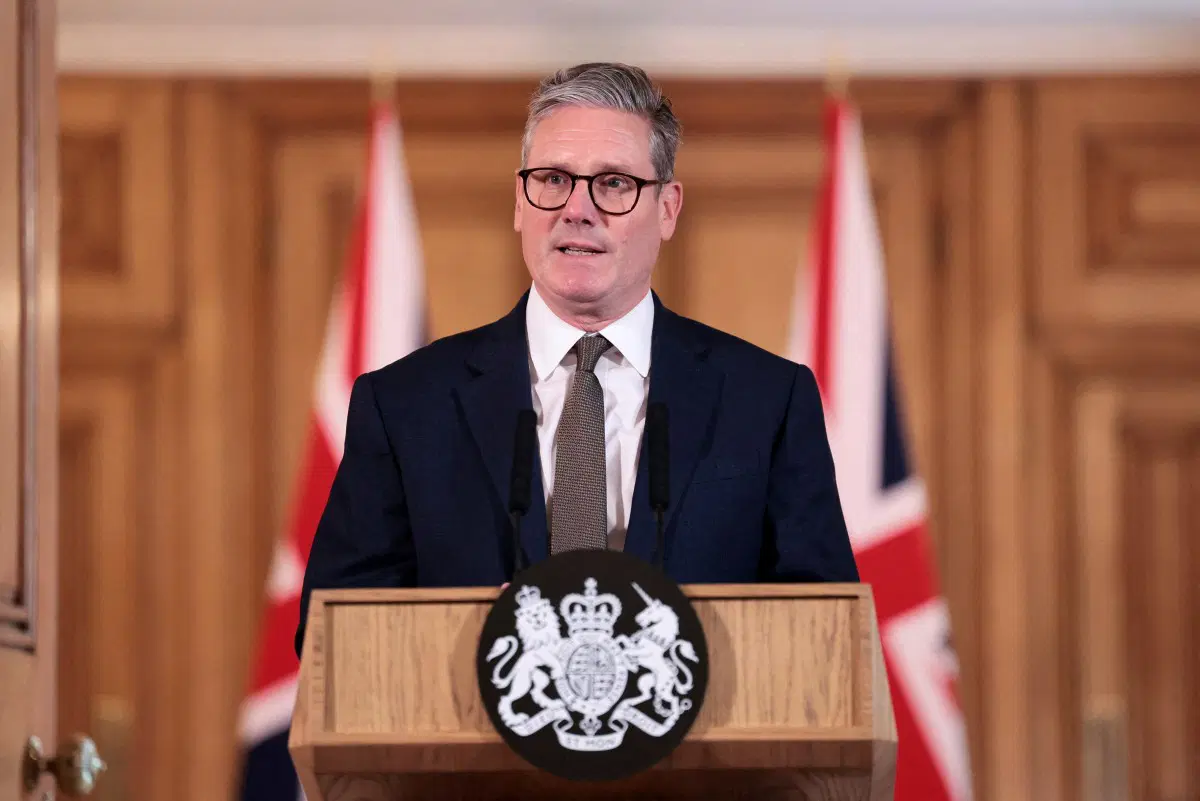The UK government has offered junior doctors a 22.3% pay rise, aiming to end a series of unprecedented strikes that have disrupted the National Health Service (NHS).
The recently elected Labour government, in conjunction with the British Medical Association (BMA), announced the agreement on Monday.
The BMA has agreed to present the offer to its members, recommending a vote in favor of the proposal. If accepted, this deal would conclude the long-running dispute over junior doctors’ pay, which has led to the longest strike in the NHS’s seven-decade history, including a six-day walkout.
Junior doctors in England, those below the specialist and consultant levels, had initially demanded a 35% “pay restoration.” While the new offer falls short of this figure, the BMA noted that the average pay uplift for junior doctors across the two years of the dispute would be 22.3%.
“This offer does not fully restore the pay lost by junior doctors over the last decade and a half,” the BMA acknowledged. However, the union described the package as “a good step forward for our profession,” despite lamenting that “it should never have taken so long to get here.”
The centre-left Labour government, which took power in July, has prioritized resolving long-standing industrial disputes ignited by soaring inflation during the previous Conservative administration. In addition to negotiating with junior doctors, the government has also relaunched talks with railway workers.
Finance Minister Rachel Reeves celebrated the agreement, calling it “the start of a new relationship” between the government and healthcare staff. Labour has committed to revitalizing the crisis-hit NHS, pledging to address extensive appointment and surgery backlogs and to stem the exodus of professionals from the service.



